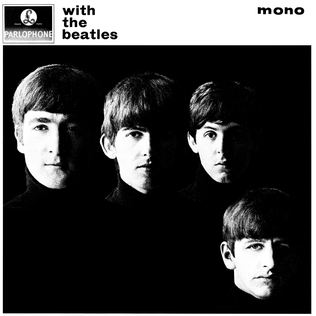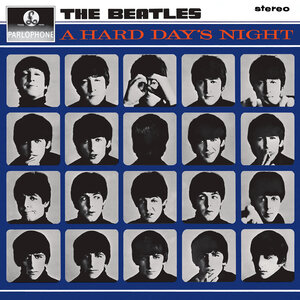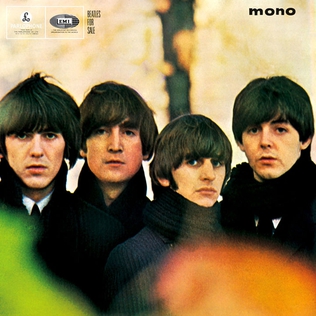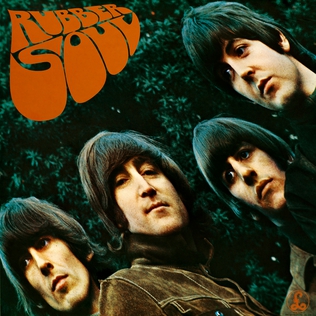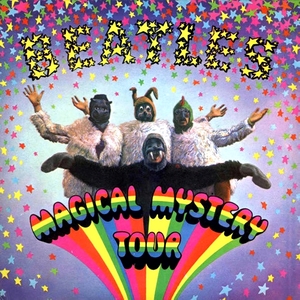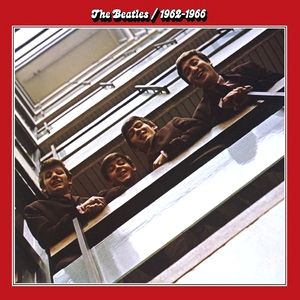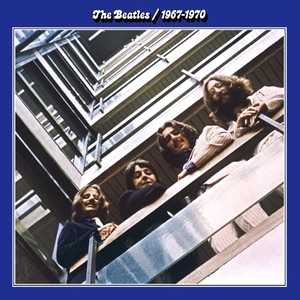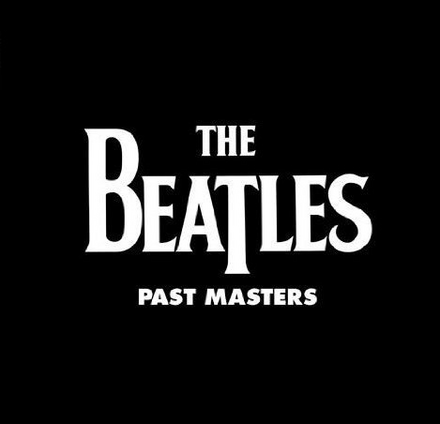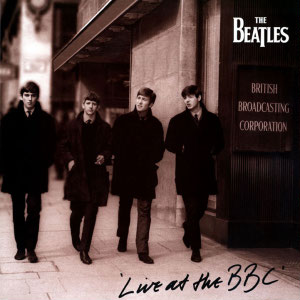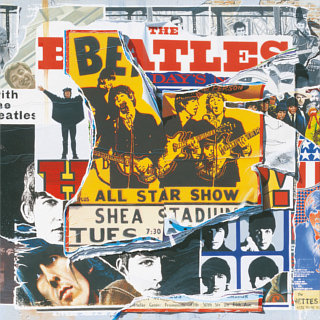About "Don't Ever Change"
"Don't Ever Change" is a 1961 popular song written by Gerry Goffin and Carole King. Intended for The Everly Brothers but rejected by their management, it is one of the Goffin-King team's lesser-known songs, although a version by The Crickets reached the top 5 in the United Kingdom (Jerry Naylor lead vocal). The Beatles performed the song on their BBC radio show Pop Go the Beatles, which was later released on their 1994 compilation Live at the BBC. It was taped on 1 August 1963, had its first broadcast on 27 August 1963, was produced by Terry Henebery and was a rare harmony duet between Paul McCartney and George Harrison. The song was also covered by Brinsley Schwarz on their Please Don't Ever Change album in 1973, by Bryan Ferry on his 1973 album These Foolish Things, and by Mud on their 1982 album Mud featuring Les Gray.
Top songs by Beatles
 Let It Be
Let It Be Hey Jude
Hey Jude I Want To Hold Your Hand
I Want To Hold Your Hand Come Together
Come Together A Day In The Life
A Day In The Life Yesterday
Yesterday A Hard Day's Night
A Hard Day's Night All You Need Is Love
All You Need Is Love Michelle
Michelle Ob—la—di, Ob—la—da
Ob—la—di, Ob—la—da And I Love Her
And I Love Her While My Guitar Gently Weeps
While My Guitar Gently Weeps Besame Mucho
Besame Mucho Across The Universe
Across The Universe In My Life
In My Life Blackbird
Blackbird Help!
Help! Roll Over Beethoven
Roll Over Beethoven All My Loving
All My Loving Get Back
Get Back Love Me Do
Love Me Do Here Comes The Sun
Here Comes The Sun Yellow Submarine
Yellow Submarine I Saw Her Standing There
I Saw Her Standing There Girl
Girl Back In The U.s.s.r.
Back In The U.s.s.r. Can't Buy Me Love
Can't Buy Me Love Norwegian Wood (this Bird Has Flown)
Norwegian Wood (this Bird Has Flown) Day Tripper
Day Tripper Eleanor Rigby
Eleanor Rigby Hello, Goodbye
Hello, Goodbye Carol
Carol
"Don't Ever Change" video by Beatles is property and copyright of its owners and it's embedded from Youtube.
Information about the song "Don't Ever Change" is automatically taken from Wikipedia. It may happen that this information does not match with "Don't Ever Change".
SONGSTUBE is against piracy and promotes safe and legal music downloading. Music on this site is for the sole use of educational reference and is the property of respective authors, artists and labels. If you like Beatles songs on this site, please buy them on Itunes, Amazon and other online stores. All other uses are in violation of international copyright laws. This use for educational reference, falls under the "fair use" sections of U.S. copyright law.

